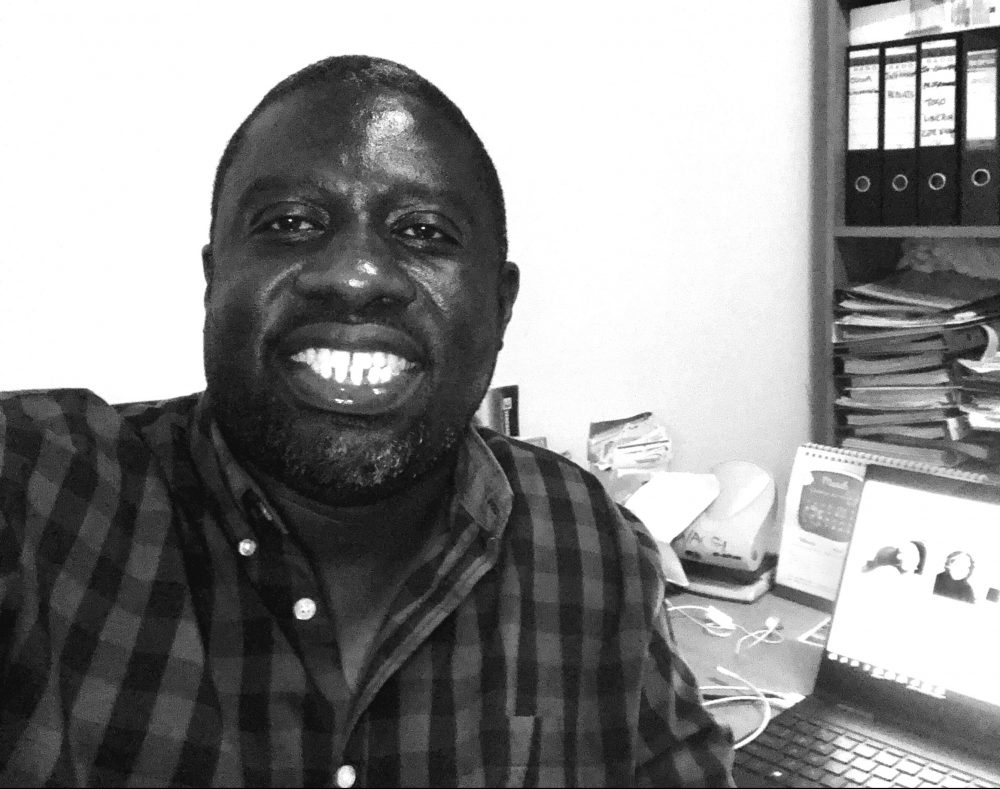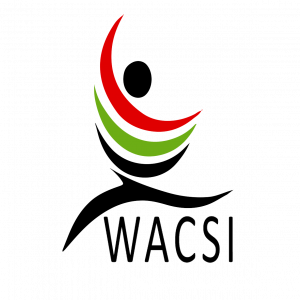The global trend of deteriorating civic space is especially visible in West Africa, where more than eighty-eight percent of the population lives in “obstructed” civic space or worse. In a context where NGOs are controlled through increasingly restrictive legislation, digital and internet restrictions enable government spying, and human rights defenders are openly attacked, West African civil society struggles to make an impact.
The number of restrictive laws that have been proposed or enacted by governments on the continent have risen significantly. These laws — which include legislation on associations, cyberspace and counterterrorism — seek to hinder the rights to the freedom of expression, association, and peaceful assembly by restricting civil society’s registration, operation, and financial resources.
A safe, open, free and enabling space for all to form and voice opinions, debate, be heard and peacefully protest, is an essential prerequisite for achieving the ECOWAS Vision 2020. Civic freedoms including the freedom of expression, association and peaceful assembly, safe environments and effective participation are therefore essential. This paper critically assesses the civic space environment in 2019, makes strategic predictions for 2020 and highlights issues that need more introspection and collective action.
Read more in 7 Feasible Ways to Expand Civic Space in West Africa in 2020.
Photo by Avel Chuklanov on Unsplash

